There are numerous influential historical characters that you’ve probably never heard of. How could such a situation arise, you might wonder? Prepare yourself, particularly if you’re a history buff, because this list may particularly strike a chord with you.
History is replete with people that never get the proper recognition that they deserve. It’s always the dog that barks the loudest that gets dinner right? However the biggest heroes in history are usually the underdogs. They’re the guys and girls in the shadows. Those that didn’t make very big waves but did outrageously courageous things. They sacrificed their lives, spent years making scientific breakthroughs, and contributed in very selfless ways to society. But in many cases their stories were either left out of history books, were overlooked, or they were replaced by a louder dog. And usually that louder dog is also a hero…but also a bit more histrionic, and less likable. So today, we are going to compile a tribute to the people who you may not know but who definitely left an impact on your life. These are 25 of the most important people in history who are drastically underrated.
By the way, if you do know somebody on this list, that’s awesome! But keep in mind that the vast majority of people may not know about these people. So get ready because these are 25 of the most important people in history who are drastically underrated!
Grace Hopper
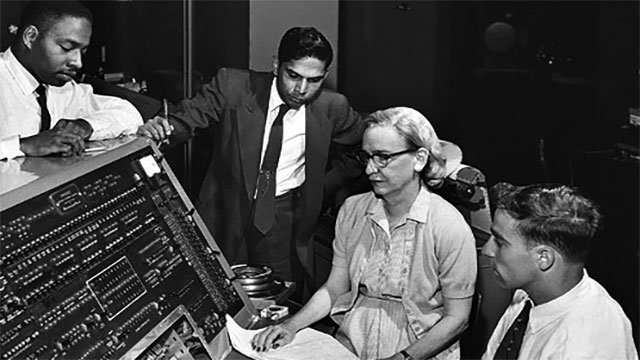 Source: wikipedia, Image: wikipedia
Source: wikipedia, Image: wikipedia She invented the compiler, coined the term debugging, and was one of the highest ranking females in US military history.
Patrick Vincent Coleman
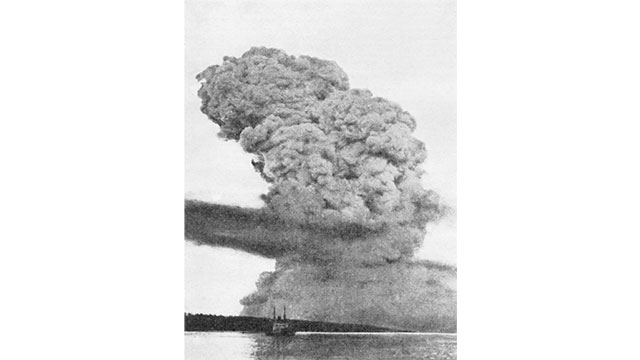 Source: wikipedia, Image: wikipedia
Source: wikipedia, Image: wikipedia Patrick was a train dispatcher in Nova Scotia when two ships collided in the Halifax Port (1917). One of the ships was carrying munitions and lit on fire. Patrick stayed at his post to warn oncoming trains and died in the resulting explosion. His final message was “Hold up the train. Ammunition ship afire in harbor making for Pier 6 and will explode. Guess this will be my last message. Good-bye boys.”
Clair Cameron Patterson
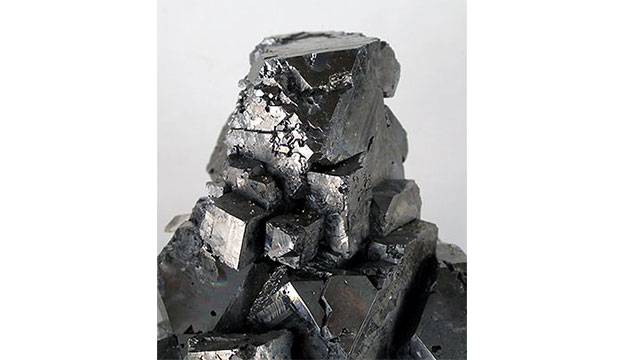 Source: wikipedia, Image: wikipedia
Source: wikipedia, Image: wikipedia He campaigned against lead poisoning and played a lead role in getting lead banned as a fuel additive.
Larry Tesler
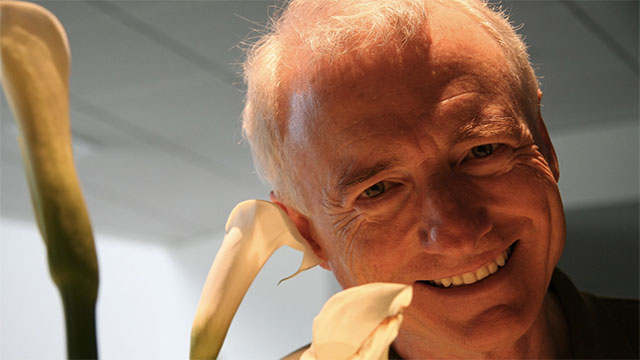 Source: wikipedia, Image: wikipedia
Source: wikipedia, Image: wikipedia He basically invented copy/paste.
Ignaz Semmelweis
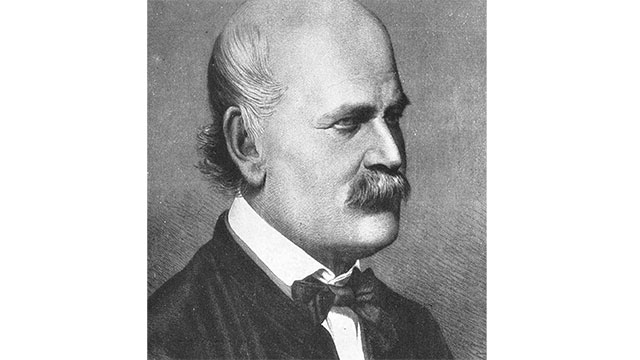 Source: wikipedia, Image: wikipedia
Source: wikipedia, Image: wikipedia A Hungarian physician, he discovered that hand washing in maternity wards decreased mortality by nearly 90%.
Maurice Hilleman
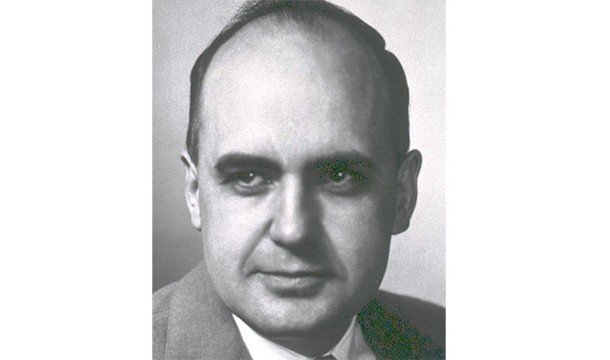 Source: wikipedia, Image: wikipedia
Source: wikipedia, Image: wikipedia An American microbiologist, Maurice developed 8 of the 14 vaccines that are currently recommended. Specifically those for measles, mumps, hepatitis A, hepatitis B, chickenpox, meningitis, pneumonia and Haemophilus influenzae bacteria
Rick Rescorla
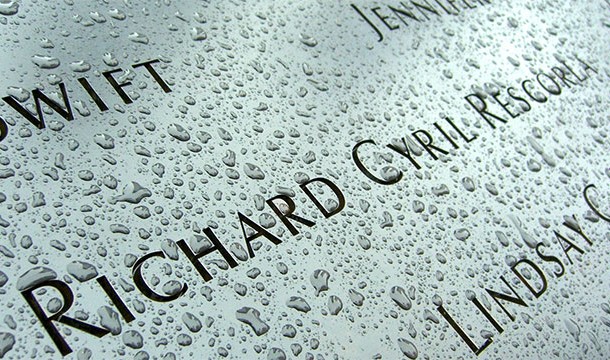 Source: wikipedia, Image: wikipedia
Source: wikipedia, Image: wikipedia A retired US military officer who was working security at the World Trade Center, he anticipated the attacks and implemented escape plans. Many people survived because of his plans but Rick himself died while helping people get out of the buildings.
Stanislav Petrov
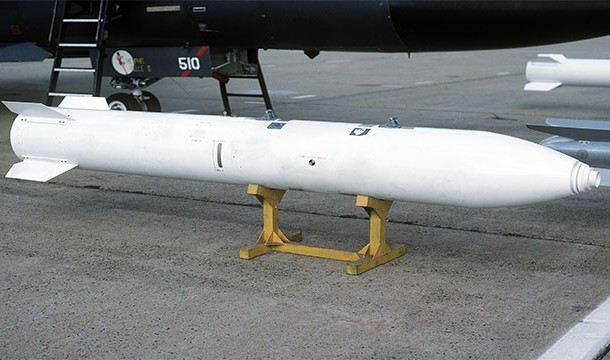 Source: wikipedia, Image: wikipedia
Source: wikipedia, Image: wikipedia A retired Soviet colonel, Stanislav was the officer on duty when the Soviet early warning system registered that 7 missiles had been launched from the US. On that day (September 26, 1983) Stanislav had full authority to launch an all-out counterstrike. Instead, he refrained because he believed the system was malfunctioning (it was). His reasoning was that if the US really was launching a strike it would most likely be all out, the system was new, and ground radar failed to corroborate the readings. He singlehandedly prevented a nuclear war.
Harvey Hubbell
 Source: wikipedia, Image: wikipedia
Source: wikipedia, Image: wikipedia He invented the electrical socket.
John Harington
 Source: wikipedia, Image: wikipedia
Source: wikipedia, Image: wikipedia Thomas Crapper didn’t invent the flush toilet! John Harrington had already invented it 250 years before Crapper ever even came onto the scene.
Chiune Sugihara
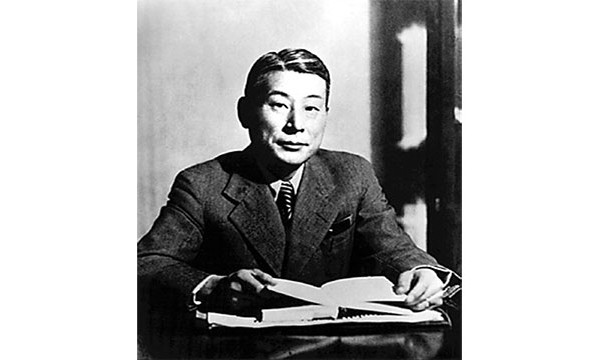 Source: wikipedia, Image: wikipedia
Source: wikipedia, Image: wikipedia A Japanese diplomat serving in Lithuania, he smuggled numerous Jews out of the country during World War II by issuing them transit visas to Japan.
Claude Shannon
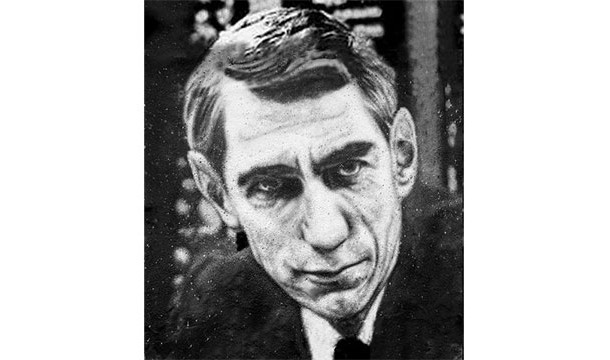 Source: wikipedia, Image: wikipedia
Source: wikipedia, Image: wikipedia If you use any device that communicates digitally with another device, you can thank this guy.
Willis Carrier
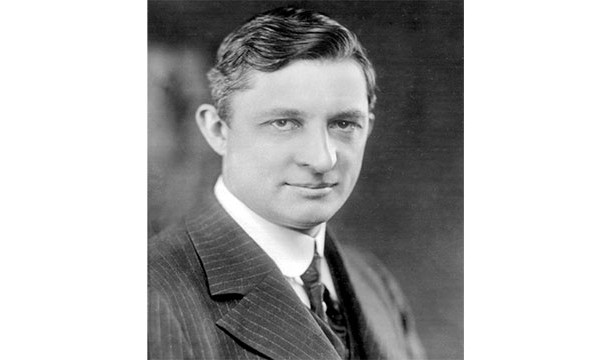 Source: wikipedia, Image: wikipedia
Source: wikipedia, Image: wikipedia This is more relevant the closer you live to the equator. Willis was the inventor of that oh-so-wonderful thing we call air conditioning.
Henrietta Lacks
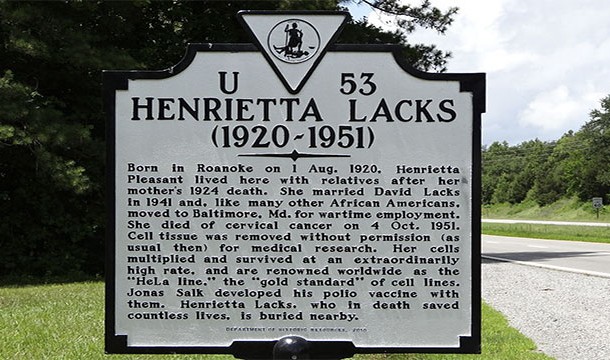 Source: wikipedia, Image: wikipedia
Source: wikipedia, Image: wikipedia She died of cancer in 1951 and after researchers took samples of her cells they found that they could make the cells “immortal” by reproducing them indefinitely. Ever since then, immortal cell lines have played a critical role in biomedical research and Henrietta’s cells are used in labs all over the world.
Claudette Colvin
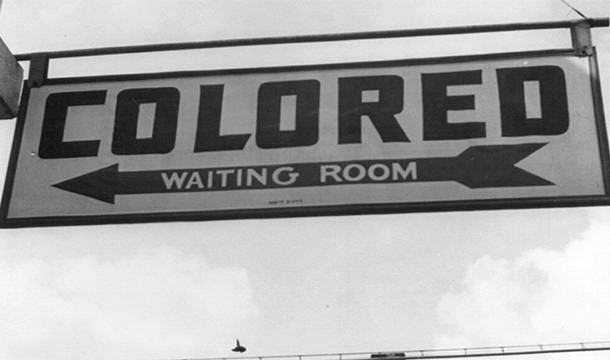 Source: wikipedia, Image: wikipedia
Source: wikipedia, Image: wikipedia She did almost exactly what Rosa Parks did, except a little earlier. Unfortunately, however, she didn’t get credit because she was single and pregnant.
Norman Borlaug
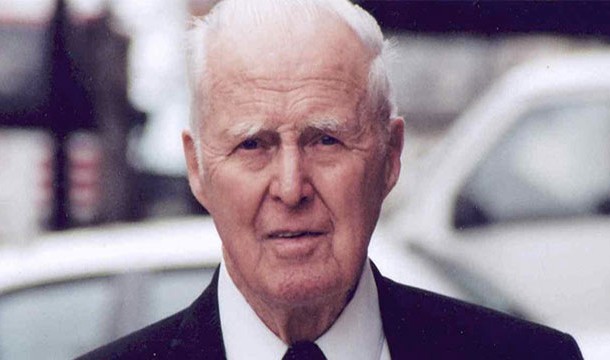 Source: wikipedia, Image: wikipedia
Source: wikipedia, Image: wikipedia Norman developed high-yield, disease resistant wheat varieties in the mid 1900s and then helped introduce them to Mexico, Pakistan, and India. It is said that he helped save nearly a billion people from starvation. Today this has come to be known as the Green Revolution.
Dennis Ritchie
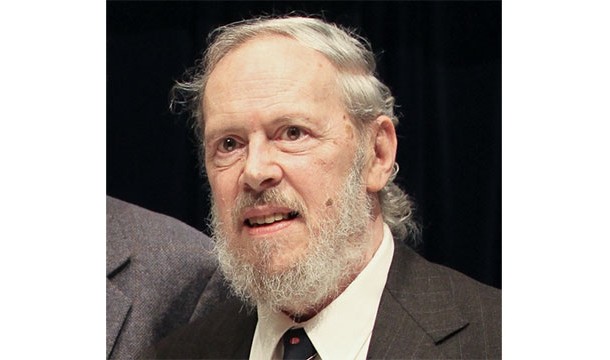 Source: wikipedia, Image: wikipedia
Source: wikipedia, Image: wikipedia He developed the C programming language, which is what your computer is running on right now. He died the same week as Steve Jobs but got hardly any recognition.
Lise Meitner
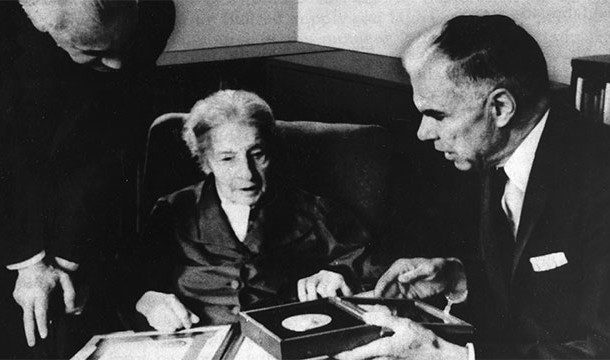 Source: wikipedia, Image: wikipedia
Source: wikipedia, Image: wikipedia Although she discovered nuclear fission, her colleague Otto Hahn got all the credit and denied that she had helped him. Eventually, however, the truth came out and today she even has an element named after her – meitnerium.
Alice Paul
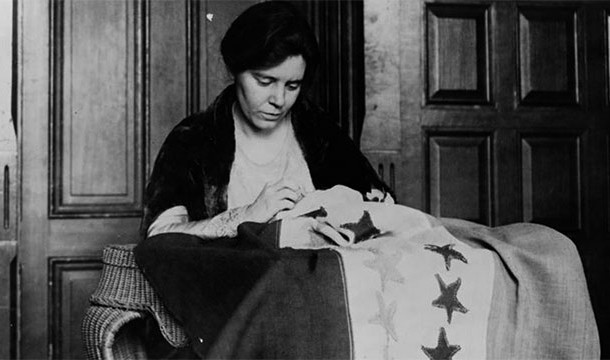 Source: wikipedia, Image: wikipedia
Source: wikipedia, Image: wikipedia After picketing for women’s rights for years, being thrown in jail, and sent to an insane asylum, word finally got out about how she was being treated and she was released. It led to the near immediate passing of the 19th Amendment.
Antonio Salieri
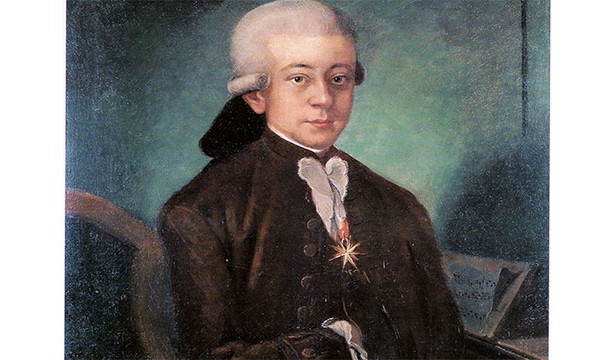 Source: wikipedia, Image: wikipedia
Source: wikipedia, Image: wikipedia He trained both Beethoven and Schubert but is not nearly as well known.
Witold Pilecki
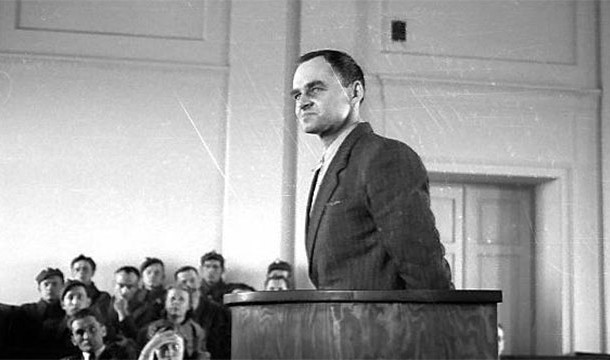 Source: wikipedia, Image: wikipedia
Source: wikipedia, Image: wikipedia A Polish soldier, he willingly got himself sent to Auschwitz and successfully set up a resistance movement.
Cecilia Helena Payne-Gaposchkin
 Source: wikipedia, Image: wikipedia
Source: wikipedia, Image: wikipedia She discovered the composition of stars but was told to leave it out of her PhD thesis because it was unconventional and she was a woman. Not long after, somebody else got credit for her discovery. In recent years, however, the injustice has been somewhat rectified.
Alexander Fleming
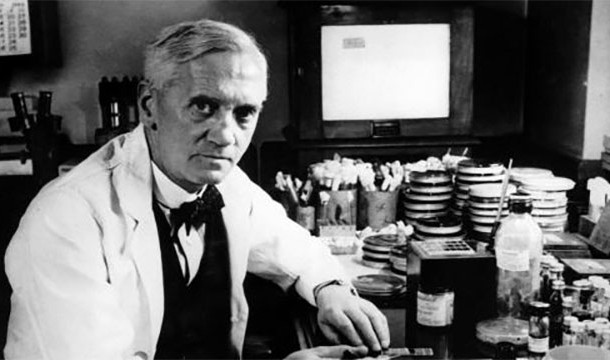 Source: wikipedia, Image: wikipedia
Source: wikipedia, Image: wikipedia He invented antibiotics and probably saved your life multiple times. Actually, you probably wouldn’t even be here if it weren’t for his discoveries.
Malcom McLean
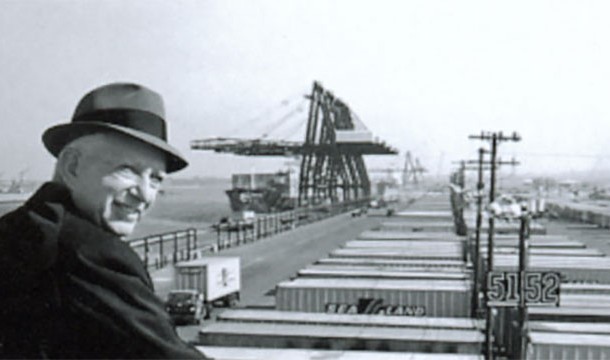 Source: wikipedia, Image: wikipedia
Source: wikipedia, Image: wikipedia In 1956 he patented the shipping container and standardized the shipping industry. It pretty much revolutionized international trade.
John Snow
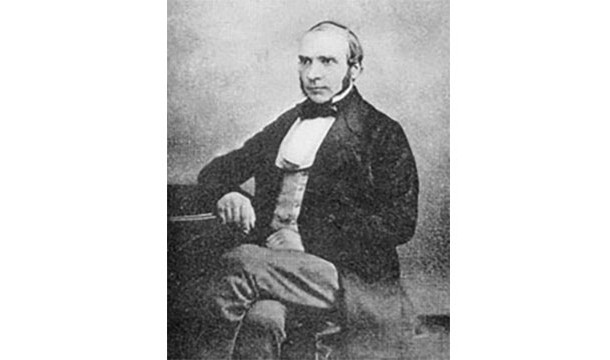 Source: wikipedia, Image: wikipedia
Source: wikipedia, Image: wikipedia An English physician, he was a leader in the adoption of anesthesia and medical hygiene. He is also considered the father of epidemiology and advocated strongly for better waste management in London following a cholera outbreak. His ideas spread around the world, vastly improving public health, and possibly saving millions of lives.



























